Showing 1-15 of 54 results

Health Lab
A large grant for Michigan Medicine will launch important research to improve the screening and treatment for a gynecologic disorder that disproportionately impacts Black and Hispanic populations

Health Lab
On YouTube, the content recommended to kids isn’t always age appropriate, a Michigan Medicine study finds.

Health Lab
Youth with heart disease enrolled in unique program that teaches resilience and builds connections with their peers
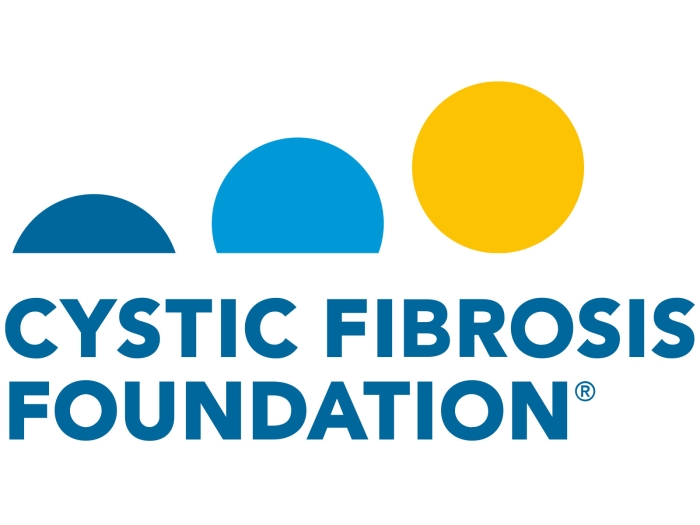
Department News
Assistant Professor Rachel Niederer of the Department of Biological Chemistry at U-M Medical School is one of the recipients of a collaborative award from the Cystic Fibrosis Foundation.
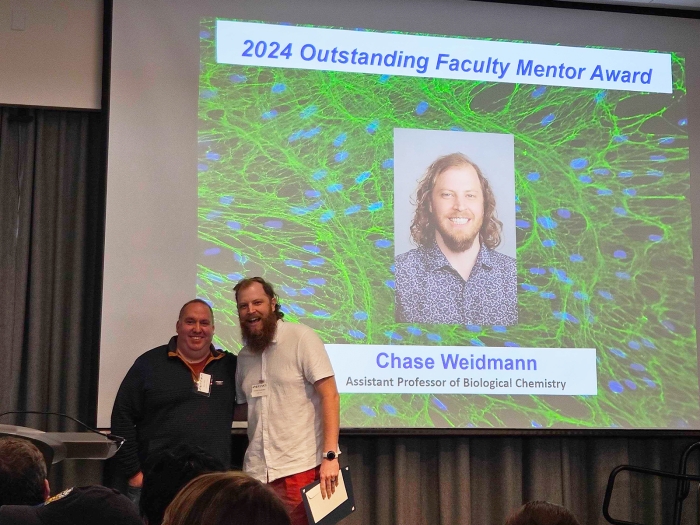
Department News
Assistant Professor Chase Weidmann of the Department of Biological Chemistry at U-M Medical School is the 2024 recipient of the Outstanding Faculty Mentor Award from the CMB Program.

Department News
Yan Zhang, PhD, Jeanne Stuckey, PhD, Markus Ruetz, PhD, Michael Cianfrocco, PhD, and Wei Cheng, PhD, have been promoted.

Health Lab
The newest version of the heparin reversal drug, described in a recent issue of Advanced Healthcare Materials, adjusted the number of protons bound to it, making the molecule less positive so it would preferentially bind to the highly negative heparin, resulting in a much safer drug.

Health Lab
A melanoma survivor shares facts and tips about preventing all types of skin cancer.
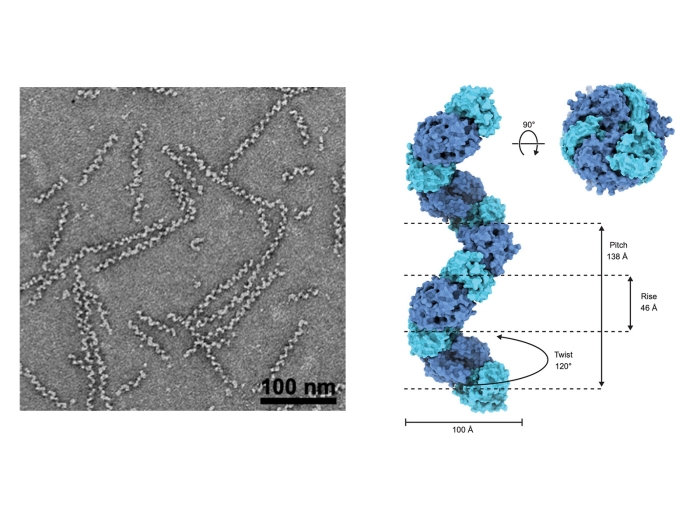
Department News
Recent research achievements from the Giessen lab.
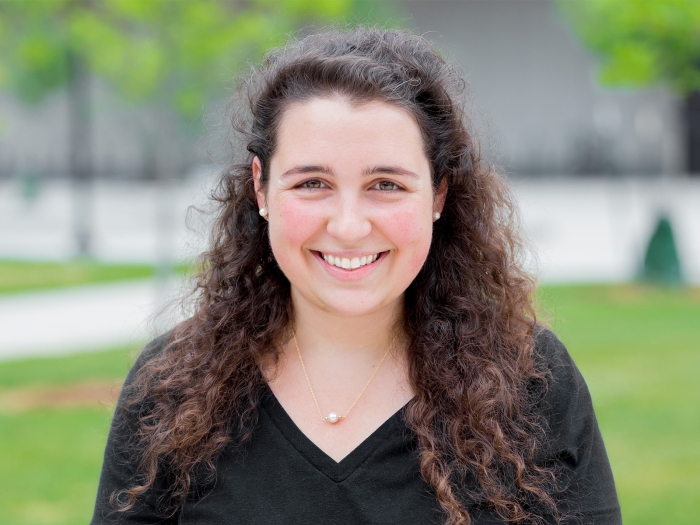
Department News
Dr. Meredith Skiba will join the faculty of the Departments of Biological Chemistry and Pharmacology at U-M Medical School in 2025.

Health Lab
Most people with risk factors for cardiovascular disease – what are sometimes called the Essential Eight – are managed by primary care clinics, or haven’t seen any provider recently

Health Lab
Around 10% of all deaths following percutaneous coronary intervention are potentially preventable, a study led by Michigan Medicine finds.

Health Lab
A new collaborative study, examined the interaction between three naturally occurring gases — nitric oxide (NO), oxygen, and H2S — during generation of new blood vessels, called angiogenesis.
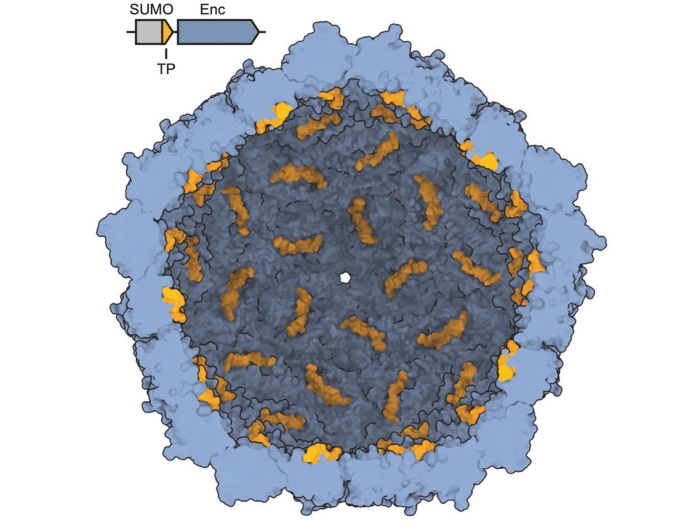
Department News
The Giessen lab publishes a research article in Nature Communications.